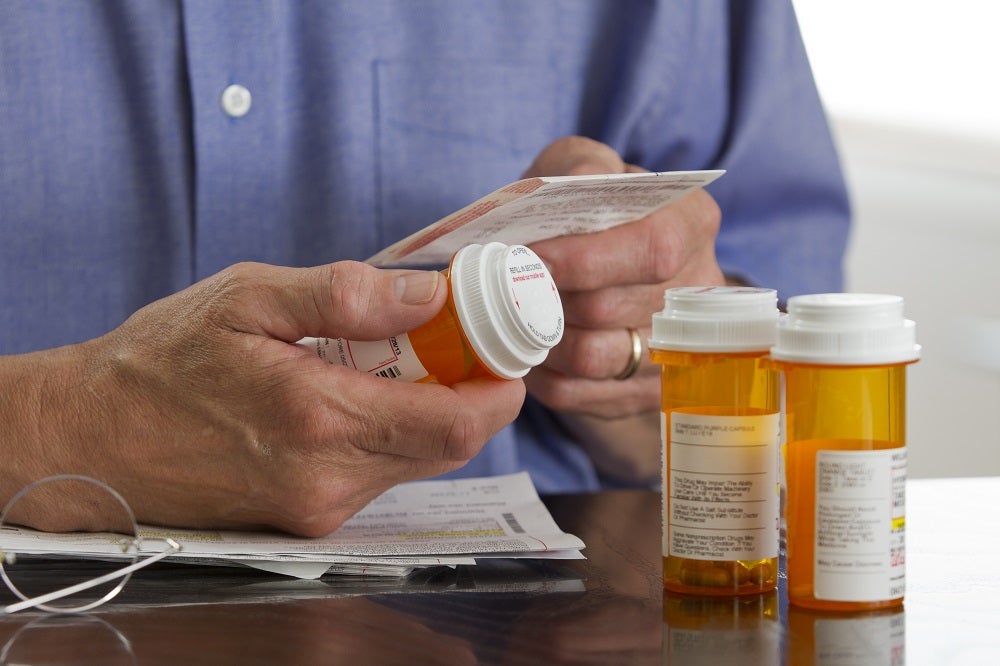
Meeting strict client timelines is essential for clinical trials, but complications can arise when dealing with investigational medicinal products (IMPs) across several countries. Issues with regulatory requirements and documentation can also cause significant delays, while any inaccuracies in translations on labelling can mean that dosage and storage information is not correctly understood or followed.
IMP labelling is intended to not only protect the participant and ensure traceability, but also enable identification of the product and trial while facilitating correct usage. And accurate labelling and translation are critical for this sector.
Regulations can be challenging, with ever-changing rules. For example, the UK Government has recently announced a series of new measures that will be introduced by the Medicines and Healthcare products Regulatory Agency (MHRA), representing the biggest overhaul in UK clinical trial regulations in over 20 years. Staying informed of regulatory changes is crucial for businesses to ensure continued compliance and avoid disruptions in their operations.
Addressing labelling and secondary packaging challenges in the early stages
BAP Pharma specialises in clinical trials supply, with expertise in comparator sourcing, secondary packaging, distribution, and medicines access. Luigi Galuffo is business development director and based in Germany, where the company houses its site, capable of providing storage for temperatures as low as -80°C. The facility features multiple pack rooms and full 24-hour temperature monitoring capabilities.
Galuffo explains that for labelling and packaging, each country represents its own challenges, and BAP Pharma ensures that any potential issues that may arise are identified and addressed at the beginning of the project. “Even for English speakers, you might end up with different label versions because of differences in the regulatory requirements between the countries,” he says. “For instance, India, the US, and the UK. When you start a new project, we go through lots of different details and discuss with the client to ensure there are no potential hurdles.”
This attention to detail is key, explains Galuffo, as labelling revisions are commonplace, but BAP Pharma has a strict framework to ensure that revisions and translations are correct. In addition, BAP Pharma has the further advantage of flexibility in making any urgent, last-minute alterations to texts.
Dani Lechner, business development director at BAP Pharma and also based in Germany, says that trials are always dynamic, due to complexities with IMPs, alongside the number of patients and countries involved, as well as variations in regulations and languages.
“For regulatory requirements, our reaction time is quick and efficient because we have put all the necessary steps in, well in advance to mitigate any delays, ensuring that everything is already well-defined in the early stages,” she says.
Agile services for labelling and secondary packaging services
BAP Pharma offers procurement of comparator drugs, labelling, secondary packaging, storage, and global distribution alongside its medicines access program. BAP Pharma’s solutions are customised to the exact needs of its clients, enabling quick turnaround of projects.
“The advantage we bring is to have that flexibility to really tailor a solution to the client and their study needs,” describes Galuffo. “This is where we can bring in flexibility, and this is where we can bring huge added value.
“Upcoming biotechs need to get moving and they don’t have time to wait for a packaging slot for eight months. We can provide a different level of attention by offering a ‘white glove service’.”
Why secondary packaging is crucial in clinical trials
Galuffo explains that secondary packaging is vital to the success of any clinical trial and is all too often overlooked or not considered early enough in development. “Of course, the secondary packaging protects medication from physical damage during storage, transportation, and distribution,” he says. “But it also protects from light, moisture, and temperature fluctuations. Depending on the type of product and its purpose, secondary packaging materials ensure the stability and integrity of the investigational medicinal product. It can also help with traceability, such as randomisation, blinding, and even for tracking your stock.”
Lechner agrees that secondary packaging is a vital aspect of clinical trials and crucial to getting results. “People often underestimate the effect that secondary packaging can have in your trial,” she says. “Initially, it can look like a small proportion of the budget, but it has a huge impact. If your drug isn’t with the patient, then you cannot collect the patient’s data.
“For instance, it’s one thing to have a pill in a bottle, but there’s so much more thought that must go behind that. How are you administering the drug? Why are you administering it that way? And who is the end-user? Is it an elderly lady who cannot open a pill bottle? All these elements play an integral part in assuring that patients are appropriately and safely dosed.”
Delivering patient-centric services
Putting the patient at the centre of everything gives BAP Pharma the ability to always consider how IMPs will be used, which is factored in when developing secondary packaging.
Some clinical trials can involve multiple treatments, with patients that may be frail or have serious illnesses. “With multiple different bottles, you may go with a card which shows your doses each day, Monday, Tuesday, and so on,” says Galuffo. “It’s all those considerations. Making it possible for patient populations to take drugs compliantly. We always have the end-patient in mind.”
Reliability is a precious commodity in clinical trials, which is why BAP Pharma says it will always be honest with clients about what is realistic and deliverable, while never overpromising on any aspect of its services.
“Trials are exceptionally important,” adds Lechner. “Our motto is ‘Promise Delivered’ – it is not just about saying yes to everything. It is also about trust and truth, and we will always be truthful to our clients – hence the promise delivered.”
For further information on how BAP Pharma can help with the secondary packaging requirements for your clinical trials, please download the paper below.


